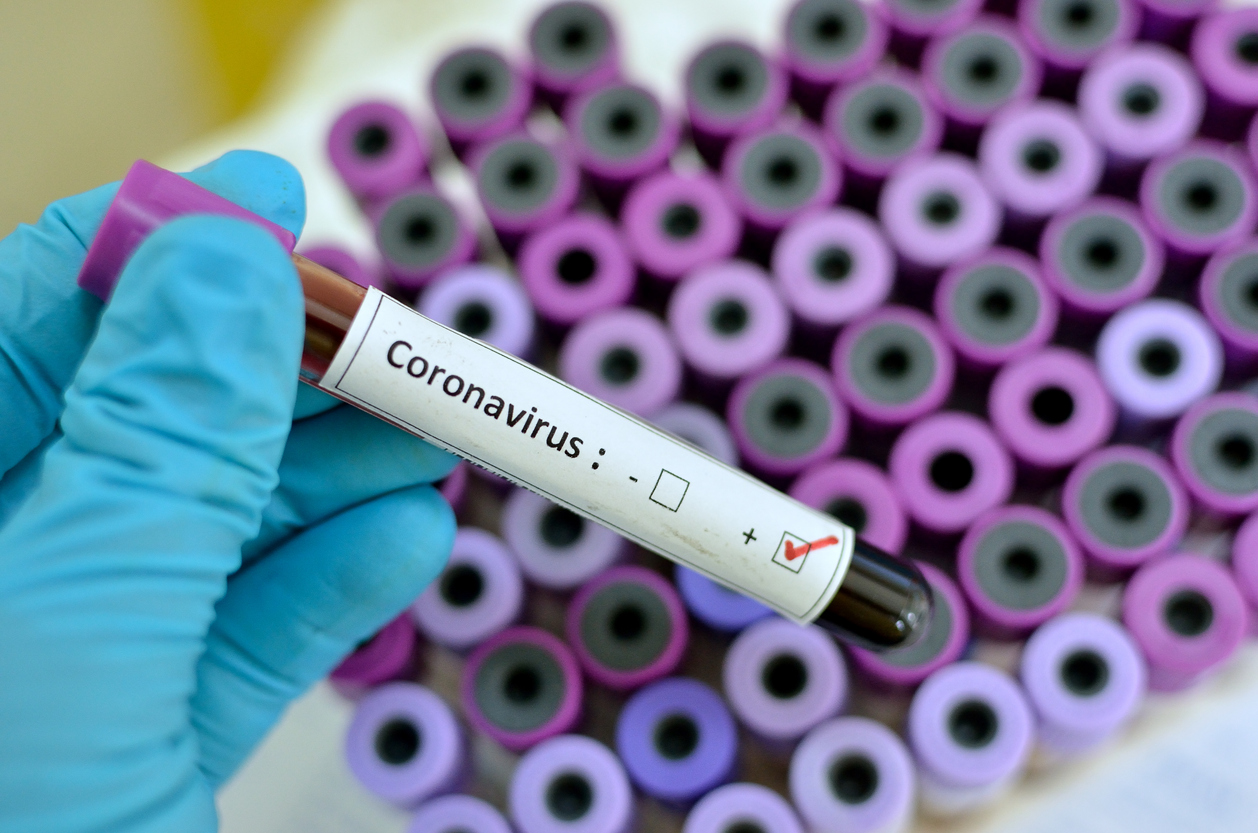Could Gilead's Sovaldi be the answer to COVID-19 coronavirus?

A Chinese research foundation has awarded $2.1m to four teams from Columbia University to identify antiviral drugs that work against the COVID-19 coronavirus – including a project investigating whether compounds based on Gilead’s hepatitis C drug Sovaldi could be used against the outbreak.
The funding was awarded by the Jack Ma Foundation, based in Hangzhou City, in China’s Zhejiang Province.
Scientists from Columbia will collaborate with academic researchers in China, who are fighting to control the outbreak.
According to a statement, Columbia teams will investigate four different approaches to develop drugs or antibodies that prevent the virus from replicating.
Each approach will draw on prior knowledge and expertise the scientists gained while working on successful antiviral therapies against HIV and hepatitis C.
The hope is that such a drug or antibody could confer protection against infection by the virus, which is beginning to spread from China with several hundred cases reported in South Korea.
The Columbia effort is being led by David Ho, founding scientific director of the Aaron Diamond AIDS Research Center and professor of medicine at Columbia.
Three of the Columbia teams are in the Vagelos College of Physicians and Surgeons, and the fourth is in the School of Engineering and Applied Sciences.
The most eye-catching project involves sofosbuvir – the active ingredient in Gilead’s hugely successful hepatitis C drug, Sovaldi.
Sofosbuvir is a nucleotide analogue that inhibits the polymerase enzyme of hepatitis C and blocks its replication.
With sofosbuvir as a starting point, a team led by Jingyue Ju will use synthetic chemistry to generate many more chemical compounds for testing. The best polymerase inhibitors from this project will be selected for clinical development.
Another Columbia team led by Stephen Goff and Yosef Sabo, will produce large quantities of polymerase enzyme, which viruses rely on to replicate, and screen hundreds of thousands of chemical compounds that could inhibit its action.
The best polymerase inhibitors will be chosen as drug candidates.
Protease inhibitors and antibodies
A team led by Columbia’s Alex Chavez will work on screening protease inhibitors, and will attempt to select a handful of positive hits to develop into drug candidates.
Protease inhibitors inhibit enzymes that allow viruses to cut their larger proteins into smaller components in order to replicate.
Drugs that inhibit the activity of proteases have been used with success to treat HIV and hepatitis.
Dr Ho will also lead an effort aimed at developing monoclonal antibodies that can bind to the surface of the coronavirus and neutralise it.
His team will try to isolate antibodies from blood cells of patients who no longer have the virus and have recovered from the 2019-nCoV infection.
Then they will engineer the virus-neutralising antibodies further to optimise their potency against 2019-nCoV.
The most promising antibodies will be sent to collaborating labs in China where they will be tested against actual coronavirus in the lab as well as in animal models.
Early trial results from an unapproved Gilead drug, remdesivir, are expected in the next three weeks.
Results are also expected from a trial combining AbbVie’s HIV drugs lopinavir and ritonavir.












